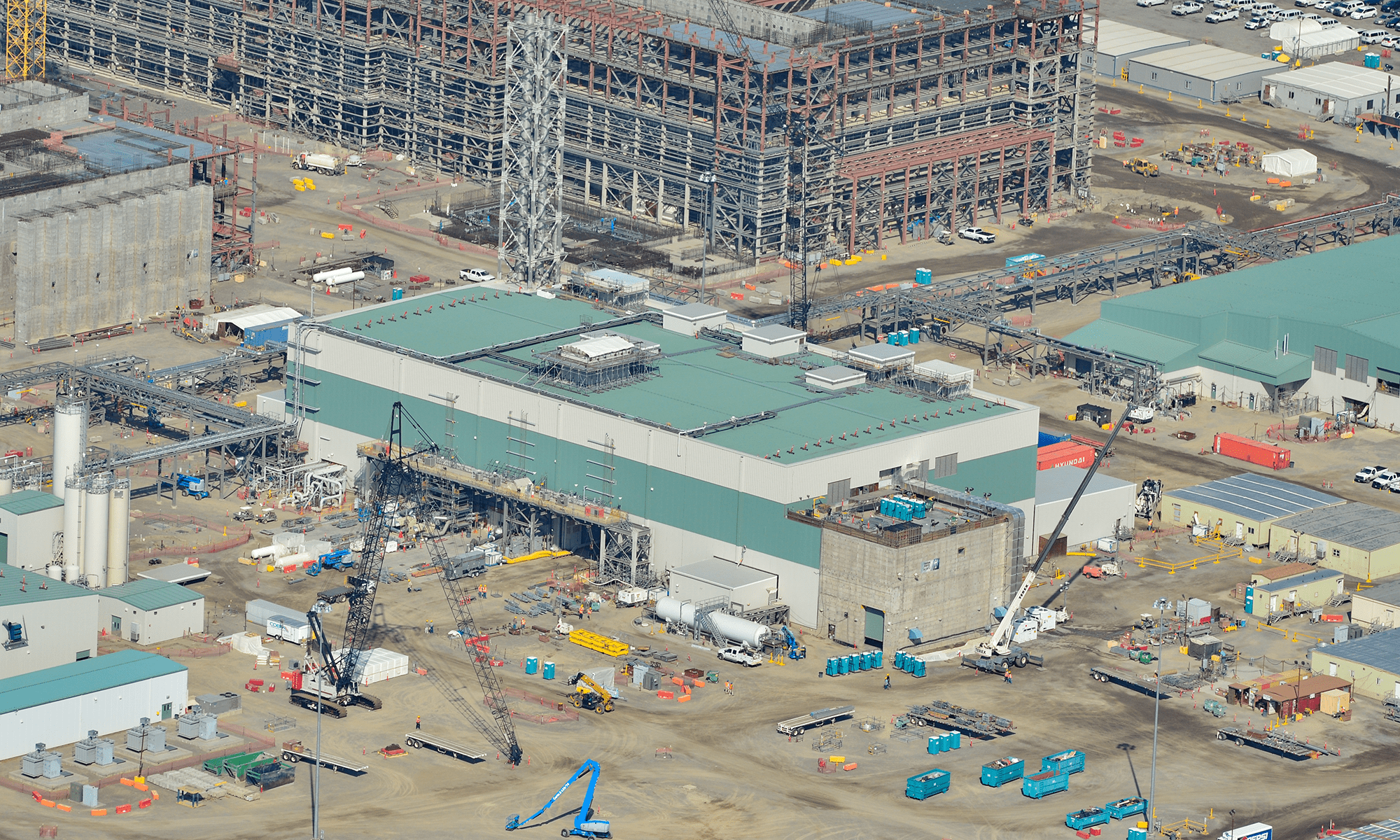Hanford Site cleanup has been a decades long effort, with many milestones reached and progress made. But with the recent startup of Hanford’s Direct Feed Low-Activity Waste (DFLAW) program, we’ll soon be on our way to treating the mass amounts of radioactive waste stored in nearly two hundred underground tanks.
To complete the series we started in January 2022, Hanford Communities is pleased to share the last segment of our dive into Hanford’s history: the age of waste treatment.
The previous forty years were spent carefully decommissioning reactors, demolishing facilities, and setting the stage to safely dispose of Hanford’s spent nuclear waste. This was an immense task that involved dozens of federal and private agencies collectively working together. And now, all of those efforts have led to the startup of Hanford’s Vitrification (Vit) Plant. Vitrification is accomplished by mixing waste from underground tanks with glass-forming materials in high-temperature melters, making the waste easier to transport and dispose of.
As originally envisioned, the Hanford Vit Plant would treat high-level and low-activity radioactive waste simultaneously. To begin treating waste as soon as practicable, the U.S. Department of Energy developed a sequenced approach, called DFLAW, that would treat low-activity waste first, by the end of 2023.
The DFLAW approach sends low-activity waste from the tank farms directly to the Low-Activity Waste (LAW) Vitrification Facility. To accommodate DFLAW, a new Effluent Management Facility (EMF) has been built at the Vit Plant. Several of the infrastructure facilities were modified to handle the capacity reductions needed to support the LAW Facility and EMF only, instead of the entire Vit Plant complex. To learn more about the melters and Vit plant progress, visit the Vit plant website.
For the third and final video in this series, we hear from Tom Fletcher, DFLAW Program Manager and WTP Assistant Manager, as well as Suzanne Dahl, Washington State Department of Ecology Tank Waste Section Manager. They discuss Hanford’s change in approach with the DFLAW program and the importance of risk reduction with beginning to treat tank waste. Please watch and share WTP & DFLAW – Decades in the Making.
Photo credit: Bechtel National, Inc

